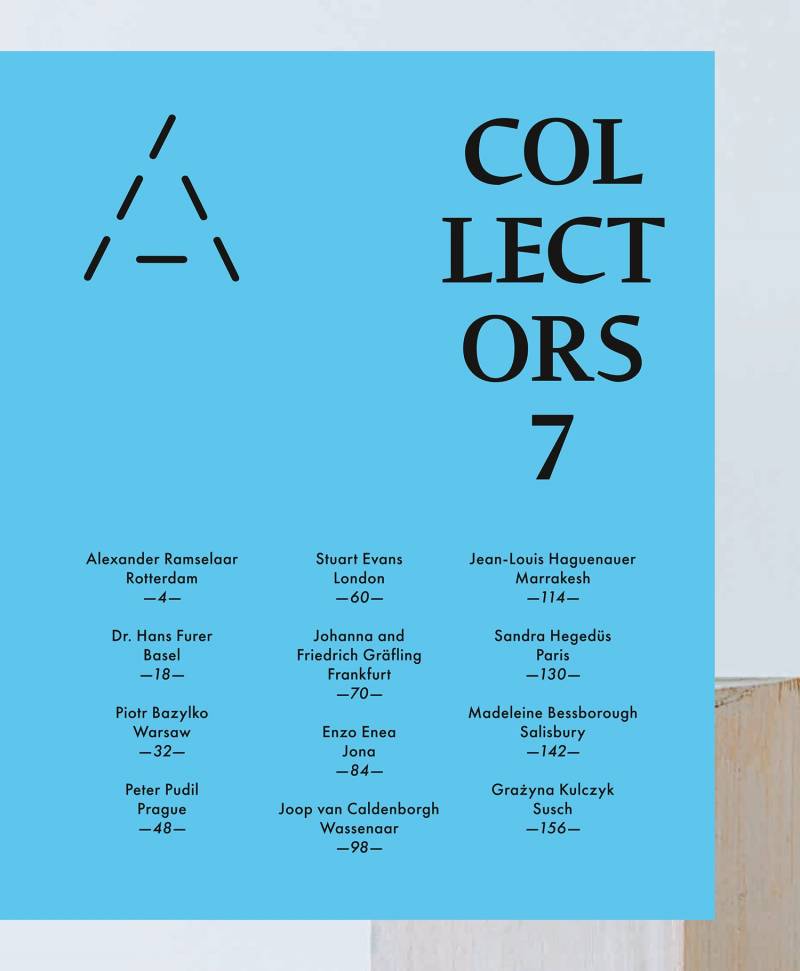
Grażyna Kulczyk, Johanna and Friedrich
Gräfling, Joop van Caldenborgh, Piotr Bazylko, Sandra Hegedüs, Jean-Louis
Haguenauer, Hans Furer, Alexander Ramselaar, Petr Pudil, Stuart Evens, Enzo
Enea, Madeleine Bessborough.
Art and art patronage are a fragile matter, one that is clearly affected negatively by crises. In this respect, the role of a collector capable of supporting artists who are spiritually akin and interesting to him at an existentially challenging time becomes more important than ever. For the collectors represented in this issue, it is not the ownership of works by global star artists, valued at seven digit prices, that seems so important. What matters more is art that speaks to them, correlating with their own views on the world and people. It is this kind of art that finds permanent place in their collection, and it is artists capable of creating this kind of art whom they support.
“Collecting for us is not just going to Art Basel, spending money and getting an artwork. It’s really about being involved and getting to the essence of it. It’s not necessary to be friends with the artist, but really having a discourse, an exchange. (…) Art is a kind of key that offers both information and a different perspective on the political, economic and social processes going on in the world,” say German art collectors Johanna and Friedrich Gräfling. By using art as a medium, they are documenting the times they are living in: the thoughts, visions, contradictions, passions, trends and life itself in Europe within the span of their own lifetimes.
Publisher: Arterritory.com
Year of publication: 2020
Language: English
Pages: 176

Arterritory Conversations: Detox and Healing for the Planet
What does it mean to be a human and to be alive? What is the footprint we leave on the world, and is it within our power to change that footprint? Is it possible to restart the biosphere, and is that what is happening right now? What is the next step after the demystification of the “crown of creation”? How do we escape the frame of the “economic robot”, or will artificial intelligence push us even deeper into it? Is science the tool that helps us understand the world, or is it perhaps art, in some way, that helps us to do so? What can each of us do, personally, to make this world better?
“It’s finally time that we wake up and realise that all of us – men, women, children – are part of the Big Forest,” we are reminded in one of the interviews in this publication by Puwe Puyanawa, the spiritual leader of the Puyanawa tribe in Brazil.
In this journal, seventeen vivid personalities – artists, philosophers, anthropologists, shamans, designers, curators, architects, directors and scientists – try to find answers to these questions. We believe that genuine, in-depth conversation is one of the last remaining, foolproof sources of meaning in an age of fake news and information overload; it is also, at the same time, a tool for such transformation. According to Theodore Zeldin, valuable conversations are those from which one is “willing to emerge a slightly different person”. We hope that these conversations are worthy of such willingness. Among Arterritory.com’s conversation partners in this publication the reader meets anthropologist and ethnobotanist Wade Davis; doctor of pharmacy Vija Eniņa; artists Ernesto Neto, Marguerite Humeau, Miķelis Fišers, Lin May Saeed and Anton Vidokle; director Stefan Kaegi, who is a co-founder of the Rimini Protokoll project; the PROLOG +1 architecture collective; ecologist and geophilosopher David Abram; and others.
By buying this journal, you are also supporting the continuation of the Arterritory.com portal.
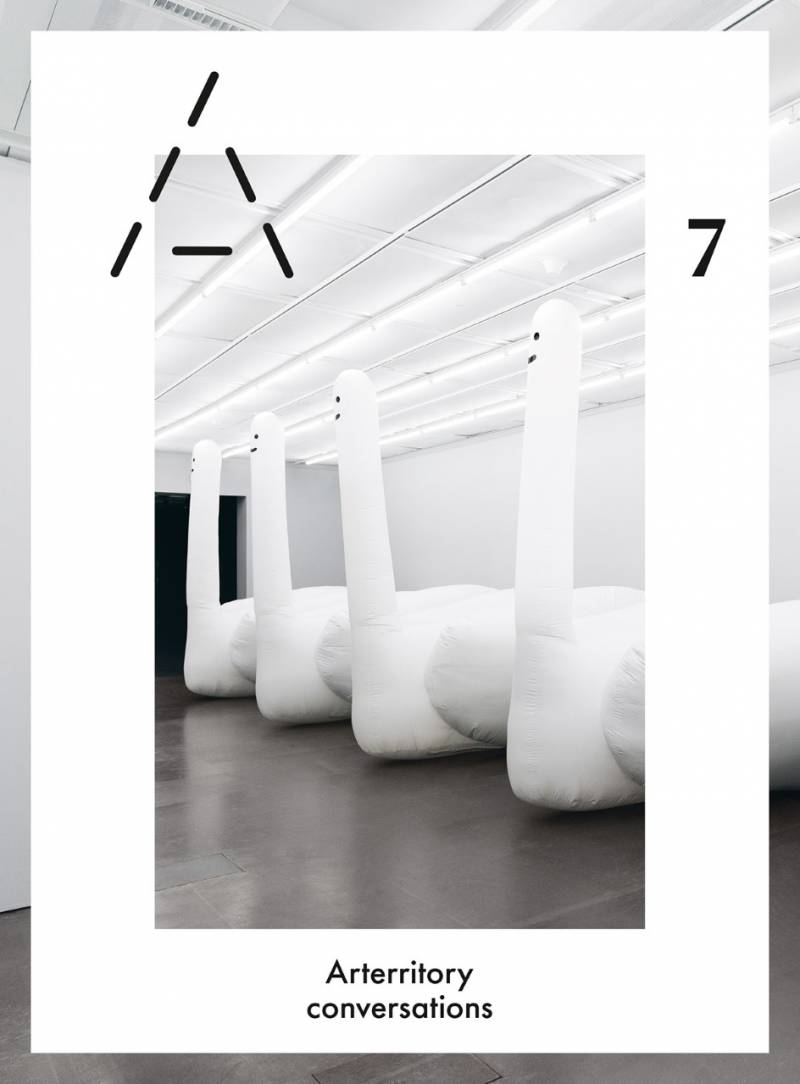
It is important to us to ask our interlocutor the best-aimed
question. One that would help them reveal their outlook on the world and the
role of art in it. ‘How do you think your work differs from a child’s
scribble?’ ‒ we asked the British artist David Shrigley. ‘Do you think as you
talk, or have you already thought everything out beforehand?’ ‒ we asked
Hans-Ulrich Obrist, one of the best-known curators on the contemporary art
scene. This time, we have put a whole variety of different questions to
eighteen brilliant personalities, including the painter and filmmaker Julian
Schnabel, the art collective Slavs and Tatars, director of Fondation Beyeler
Sam Keller and many others.
Publisher: Arterritory.com
Year of publication: 2019
Language: English
Pages: 288
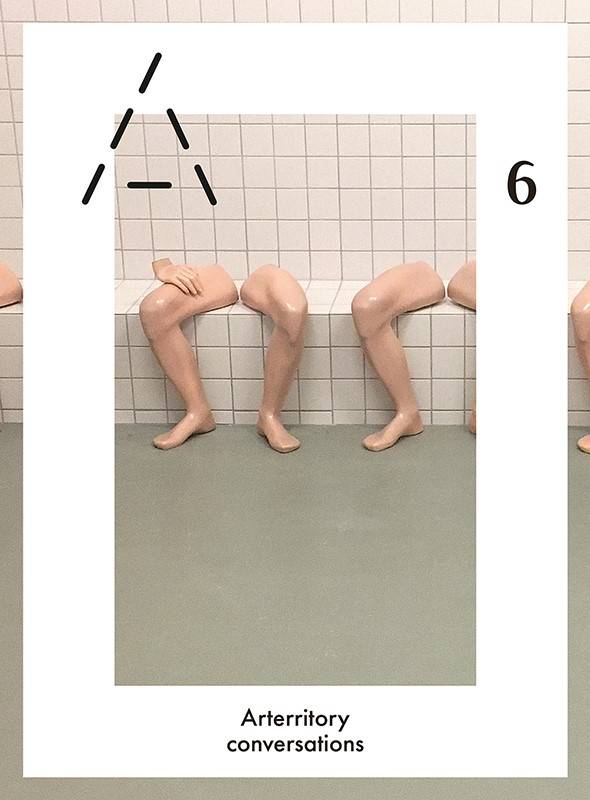
What and how do we speak about contemporary art? Why are our discussions
on the subject important and what do they influence? We talk about it with
Artistic Director of PinchukArtCentre Björn Geldhof, the Polish artist Artur Żmijewski, the Flemish Jan
Fabre and Belgian Hans Op de Beeck. The Israeli artist Sigalit Landau
tells us about her experience of artistic collaboration with the Dead Sea. The
issue also features curator of the first Riga International Biennial of
Contemporary Art Katerina Gregos, architect Yoshiharu Tsukamoto, Director of
Art Cologne Daniel Hug and many others.
Publisher: Arterritory.com
Year of publication: 2018
Language: English
Pages: 248
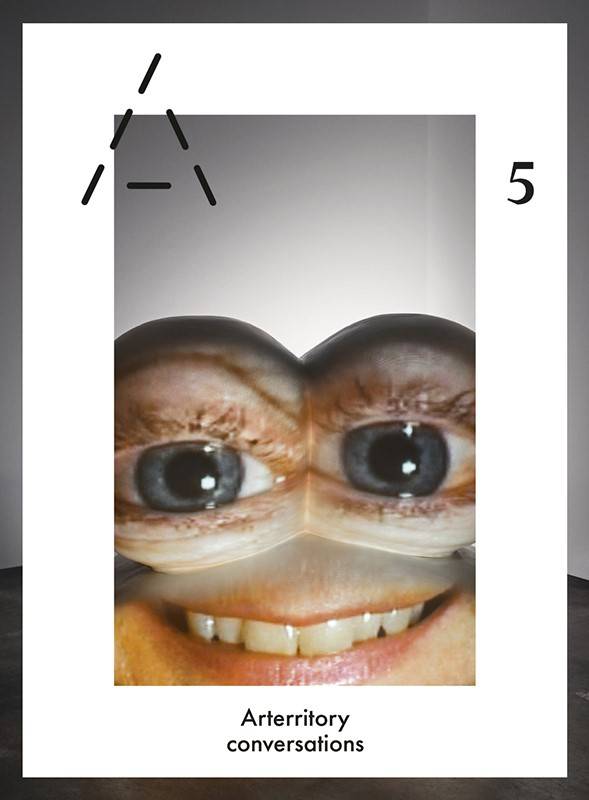
How does contemporary art feel in the world of post-truth (according to
the Oxford English Dictionary, Word of the Year 2016)? Could we say that it is
art that becomes ‘truth’ in this reality ‒ exactly for the reason that it makes
no claim to realism? Between the covers of the fifth issue, you will find
compiled our conversations on the subject with Tony Oursler, Jake Chapman,
Ernesto Neto, Tino Sehgal, Joana Vasconcelos, Wilhelm Sasnal, Hedwig Fijen and
a whole range of other important artists, curators and gallerists.
Publisher: Arterritory.com
Year of publication: 2017
Language: English
Pages: 288
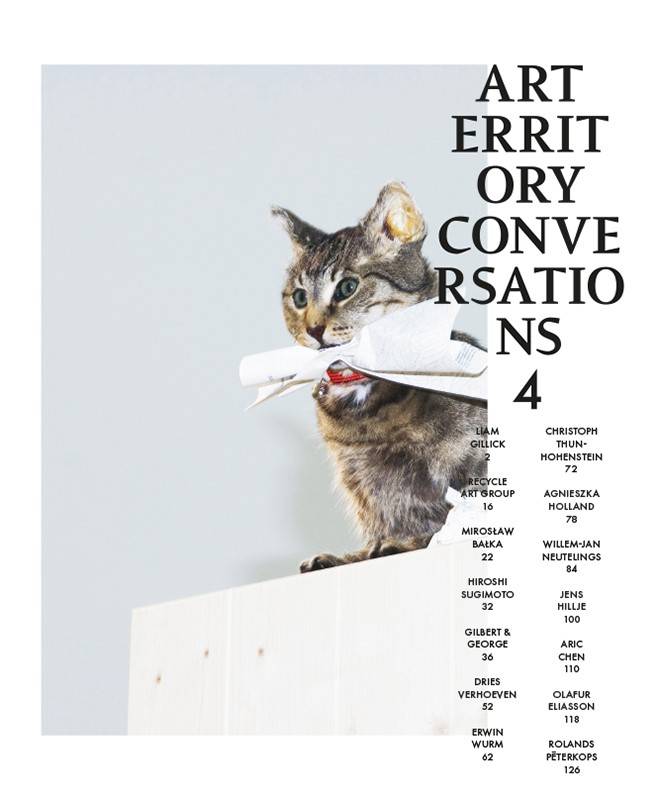
‘What would be the perfect or ideal world for you?’– we asked the Austrian
artist Erwin Wurm. ‘More freedom, more tolerance, less orthodox structures
coming back in politics and relations, more enlightenment; yes – more freedom’,
– he said. The subject of freedom of thought and artistic gesture is developed
in our conversations with the Polish artist Mirosław Bałka, cult heroes of the
British art scene Gilbert and George, the French ‘feminist icon’ ORLAN, as well
as Olafur Eliasson, Carolyn Christov-Bakargiev and Lev Manovich. We also
present two Baltic stars ‒ Miķelis Fišers and Raul Keller.
Publisher: Arterritory.com
Year of publication: 2015
Language: English
Pages: 140
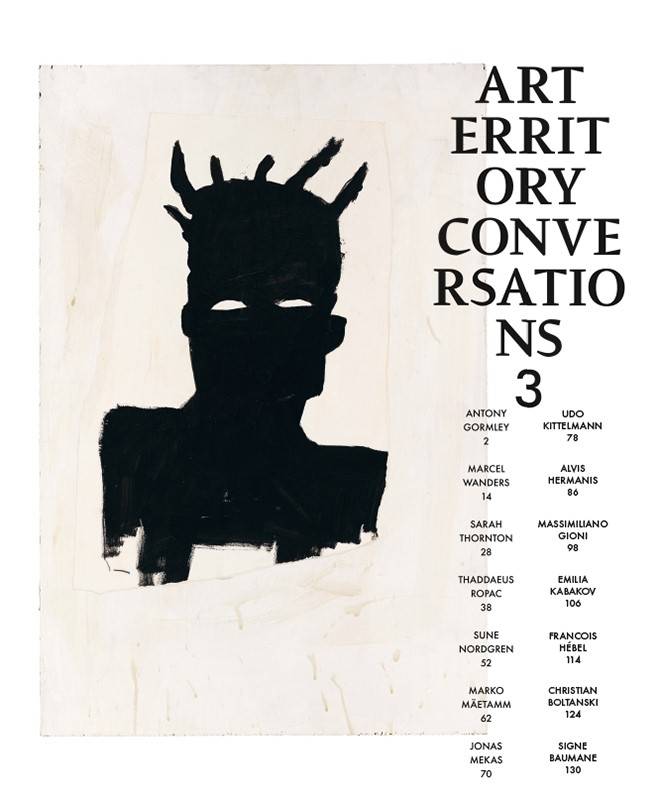
Christian Boltanski tells us: ‘The job of an artist is to finish the work,
but at the same time, to leave it open – unlocked.’ Antony Gormley assures us
that ‘art can shift our thought and feeling patterns in a new direction’.
Others who talk to us and share their thoughts on art include Udo Kittelman,
Sune Nordgren, Thaddaeus Ropac, Marcel Wanders, as well as the director, artist
and genuine avant-garde figure that is Jonas Mekas, whose name is a symbol both
in the Baltic States and the USA. Plus ‒ Alvis Hermanis, Signe Baumane, Olga
Sviblova and others.
Publisher: Arterritory.com
Year of publication: 2014
Language: English
Pages: 136
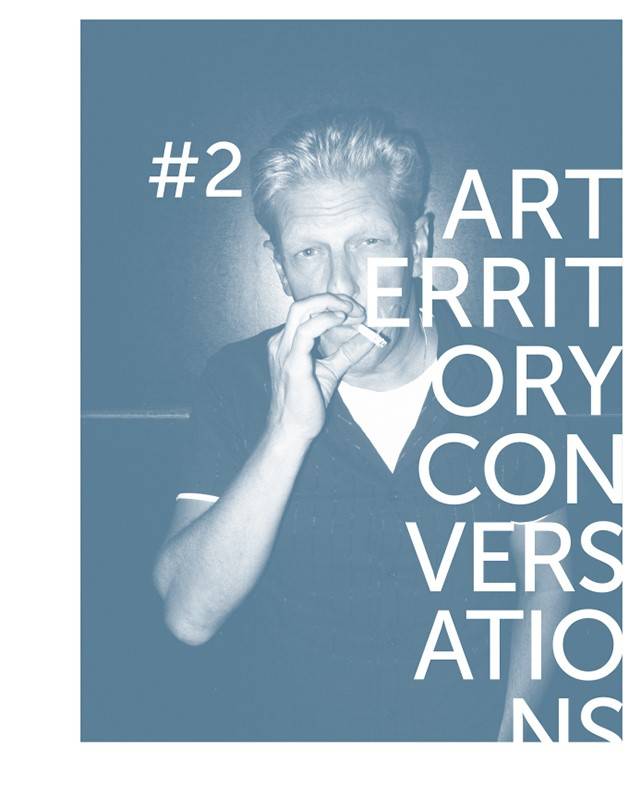
While the first issue was a compilation of our best interviews from 2012,
the second one presented the most important conversations that had taken place
in 2013. We were lucky to sit down for a chat with Jan Fabre, the Belgian
artist expressing himself not only in contemporary visual art but also in the
performance genre, with the pioneer of Finnish video art Eija-Liisa Ahtila, the
Danish architect Bjarke Ingels, world-class curator Hans-Ulrich Obrist,
Estonian artist Raoul Kurvitz, gallerist Andrew Renton (Marlborough
Contemporary art gallery), Czech sculptor David Černý, Latvian artist Maija
Kurševa and others.
Publisher: Arterritory.com
Year of publication: 2013
Language: English
Pages: 104
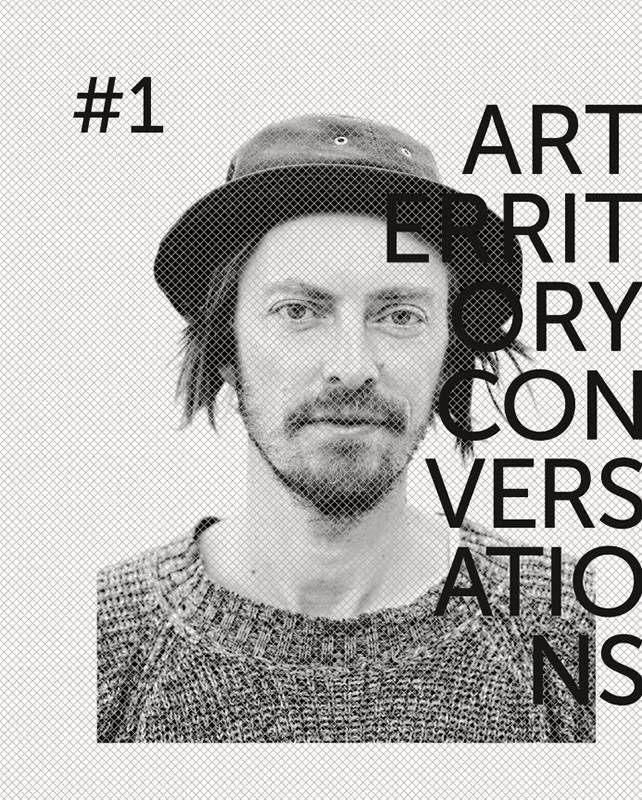
Interviews with artists and curators are more than just condensed
summaries of world views. It is an intellectual spark that is born between
collocutors and starts the fire of conversation. It is something like a
photograph, a snapshot capturing the state of mind of the people talking. The
first issue features our ‘pictures’ with the British artist Mike Nelson, Ragnar
Kjartansson from Iceland, Henrik Vibskov from Denmark, Marat Gelman and Viktor
Misiano from Moscow, as well as Director of the Whitechapel Gallery Iwona
Blazwick and Turner Prize winner Martin Creed.
Publisher: Arterritory.com
Year of publication: 2012
Language: English
Pages: 104
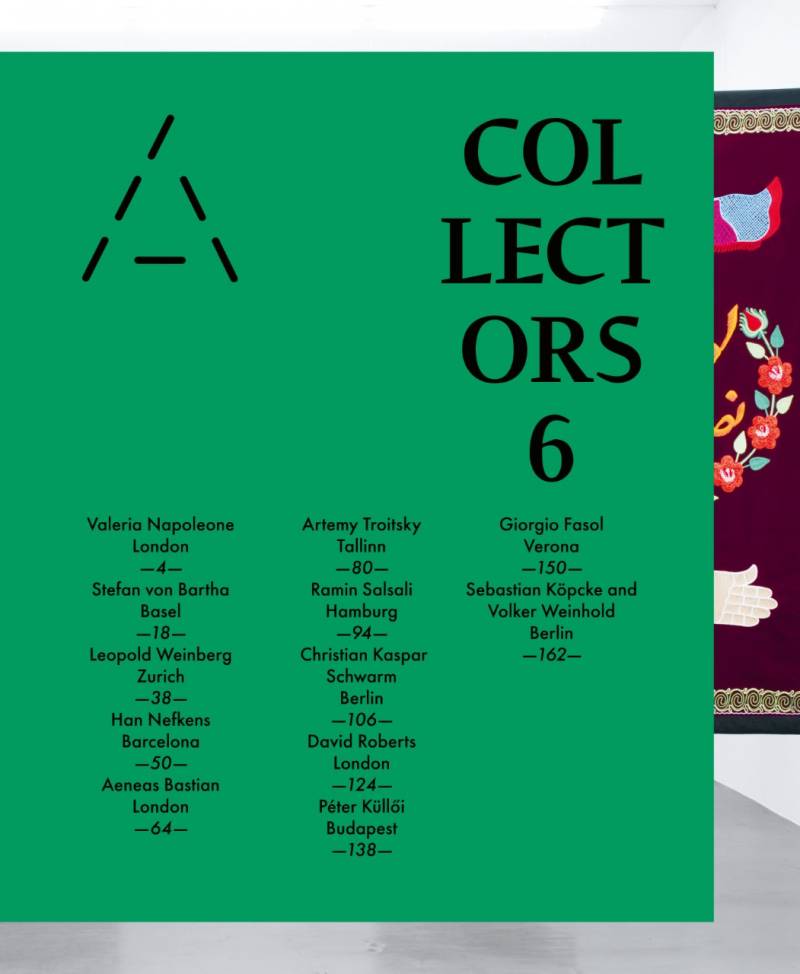
Valeria Napoleone, Stefan von Bartha, Leopold Weinberg, Han Nefkens, Aeneas Bastian, Artemy Troitsky, Ramin Salsali, Christian Kaspar Schwarm, David Roberts, Péter Küllői, Giorgio Fasol, Sebastian Köpcke and Volker Weinhold
There is no doubt that
collectors complement and perfect the art world. And art helps them and
everybody who is ready for that to become more aware of themselves and
everything around them, to expand the boundaries of imagination and perception.
‘Imagine spaces without art. Imagine churches without art. Imagine all the
history, all the creative people – without art. It just doesn't work’ –
believes the Swiss gallerist and collector Stefan von Bartha.
Publisher: Arterritory.com
Year of publication: 2019
Language: English
Pages: 176

Thaddaeus Ropac, Joseph Kouli, Wildried and Yannicke Cooreman, Gil Bronner, Valérie Bach, Meda Mládek, Agah Uğur, Roman Babichev, Tony Cragg, Marc&Josée Gensollen, Heidi Goëss-Horten, Dieter and Gertraud Bogner, Viktoras Butkus, Venke and Rolf Hoff
Only collectors are ready to take a risk and invest in artists who are
in need of support “here and now”. In addition, a collector’s collection is a
statement of sorts. It cannot be described with a single word or phrase; a
collection’s logic is much more complex and individual. Turkish art collector
Agah Uğur tells us: “I am responsible for the collection to achieve its
mission. Not my own personal mission, but I have a responsibility to help the
collection achieve its own mission.”
Publisher: Arterritory.com
Year of publication: 2018
Language: English
Pages: 184
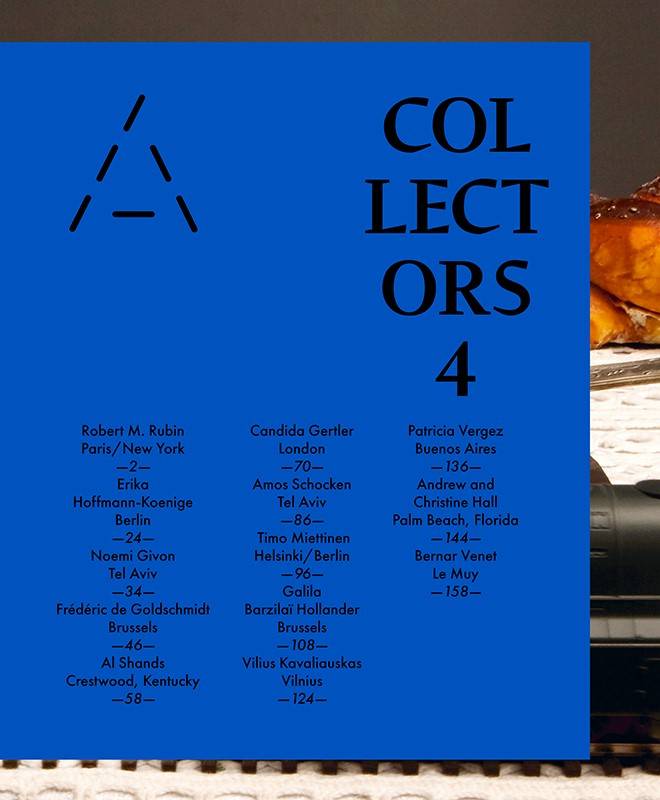
Robert M. Rubin, Erika Hoffmann-Koenige, Noemi Givon, Frederic de Goldschmidt, Al Shands, Candida Gertler, Amos Schocken, Timo Miettinen, Galila Barzilaï-Hollander, Vilius Kavaliauskas, Patricia Vergaz, Andrew&Christine Hall, Bernar Venet
Is it true or just a legend? It’s difficult to tell. But in this issue
of Arterritory Conversations with Collectors we talk about whether there
is such a thing as a “collector gene”. And if yes, where is this gene located
in a person? There can be various opinions about this, but we like the idea
that it might reside in the eyes and visual system. Because this system
operates a bit differently in art experts, apologists and collectors.
Publisher: Arterritory.com
Year of publication: 2017
Language: English
Pages: 176

Walter Vanhaerents, Rebecca Russo, Daniel Wolf, Diane Venet, Francesca von Habsburg, Pierre Pradié, Riivo Anton, Erling Kagge, Michael Klaar, Désiré Feuerle, Axel Haubrok
In today’s art world, collectors have become just as influential as art
critics and curators. The collector enters the art environment through his or
her passion and is ready to share it with others just as passionately. The way
in which collectors speak about art and display their collections allows art to
enter other people’s worlds as well. “I don’t think of the things in my
collection as of things that I own,” Daniel Wolf told us in New York. “No, I
think about having them for a period of time to learn from them, and then they
move on. Owning is not the goal. Learning is.” The eleven conversations in this
issue tell eleven very personal stories about how art expands the space for
thought and about how art can change as well as heal us.
Publisher: Arterritory.com
Year of publication: 2016
Language: English
Pages: 128
SOLD OUT!
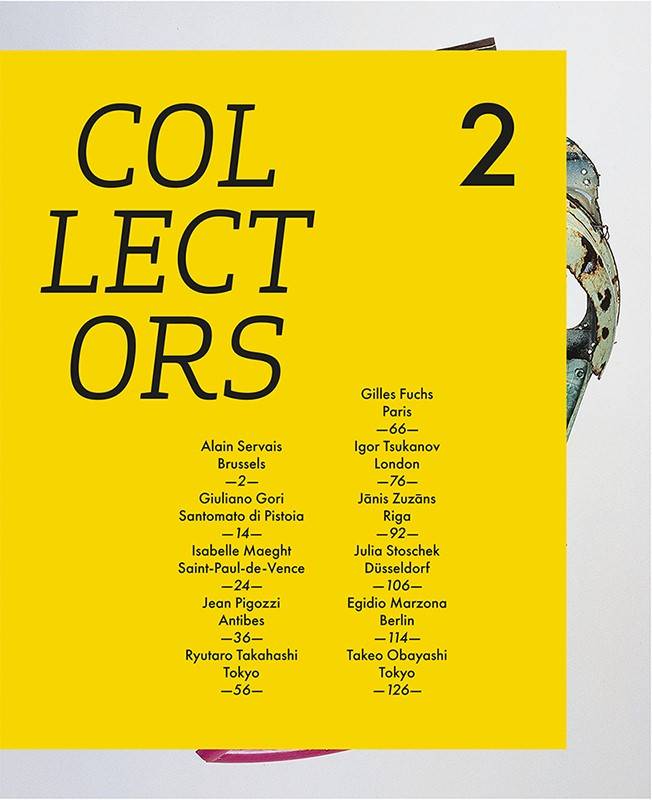
Alain Servais, Giuliano Gori, Isabelle Maeght, Jean Pigozzi, Ryutaro Takahashi, Gilles Fuchs, Igor Tsukanov, Jānis Zuzāns, Julia Stoschek, Egidio Marzona, Takeo Obayashi
The protagonists of this issue are people of all ages and of different
opinions about contemporaneity. But one element nevertheless unites them: they
share not only a passion for art but also a distinct ability to focus and turn
their attention and energy to a specific goal they have set for themselves.
They are all guided by a vision that they strive to embody in reality. “You
have to be focused. You can’t do everything; it doesn’t work,” says Jean
Pigozzi, who owns the world’s largest collection of contemporary African art.
Publisher: Arterritory.com
Year of publication: 2015
Language: English
Pages: 136
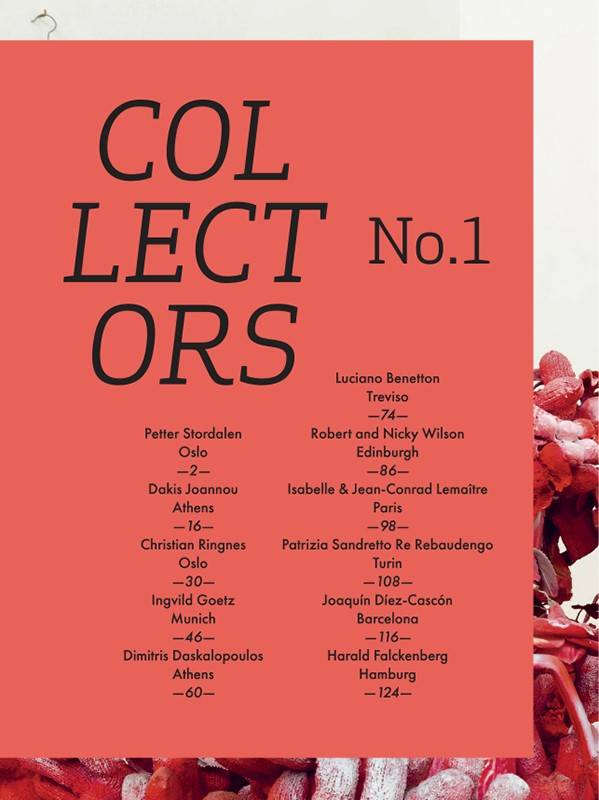
Petter Stordalen, Dakis Joannou, Christian Rignes, Ingvild Goetz, Dimitris Daskalapoulos, Luciano Benetton, Robert&Nicky Wilson, Isabelle&Jean-Conrad Lemaître, Patrizia Sandretto Re Rebaudengo, Joaquin Diez-Cascón, Harald Falckenberg
This publication offers an insight into some superb art collections as
well as conversations about art and how the passion for collecting art has
changed the lives and world views of the people linked with these collections.
These are conversations about causes and effects, about the process and each
individual’s personal path to the collection, about how art can become an
integral part of everyone’s life. The people featured in this first issue of Arterritory
Conversations with Collectors are united by a result: the creation of a
prestigious art collection. These are personalities who, due to their status
and investment in art, have become authorities whose opinions are taken into
account not only by the art market but by the art world in general.
Publisher: Arterritory.com
Year of publication: 2014
Language: English
Pages: 136
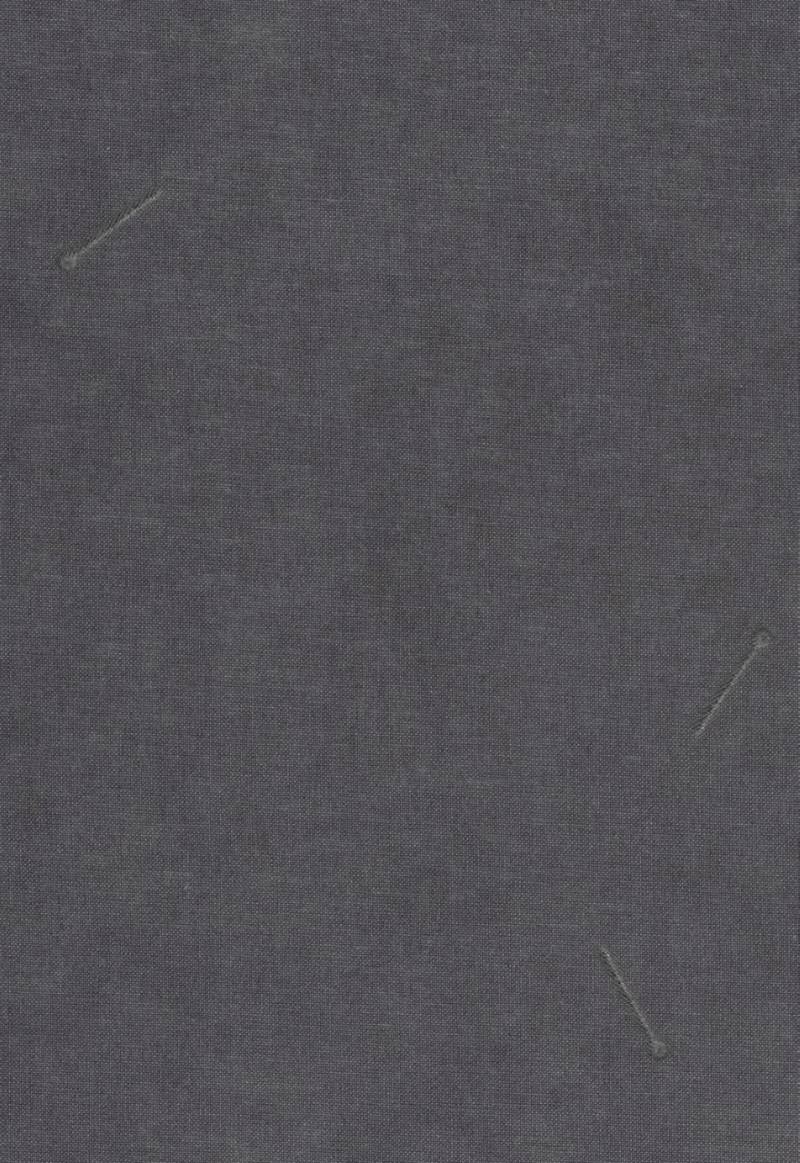
The book contains the essence of seventeen collections created by Latvian fashion duo MAREUNROL'S between 2005 and 2019 as well as other projects, such as theatre and opera productions, films and exhibitions, that they have worked on during this period. The publication illustrates the creative process involved in this work, from the first sketches to full characters and the environments they inhabit.
Publisher: Arterritory.com
Year of publication: 2019
Language: English, Latvian
Pages: 616
PDF format

The book contains the essence of seventeen collections created by Latvian fashion duo MAREUNROL'S between 2005 and 2019 as well as other projects, such as theatre and opera productions, films and exhibitions, that they have worked on during this period. The publication illustrates the creative process involved in this work, from the first sketches to full characters and the environments they inhabit.
Publisher: Arterritory.com
Year of publication: 2019
Language: English, Latvian
Pages: 616

An exhibition catalogue of 113
works from the Diana Venet’s jewellery collection by 82 legendary 20th and 21st
century artists. The publication includes reproductions of the jewellery pieces
on display, as well as concise descriptions of each artist's creative work and
comments by the collector on the inclusion of some pieces in her collection and
her private relationships with some of the authors. The publication is prefaced
by a conversation between Una Meistere and Diane Venet.
Catalogue
Publisher: Arterritory.com
Year of publication: 2017
Language: English, Latvian
Pages: 354
SOLD OUT!
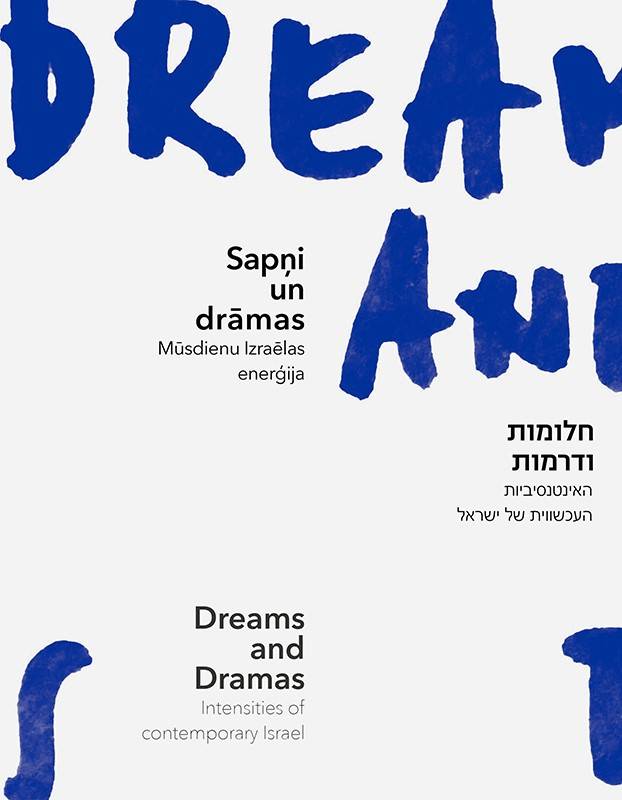
Dreams And Dramas / Intensities of Contemporary Israel
An exhibition catalogue focusing on the story of modern Israel – its vitality, directness and vulgarity, its high dreams and silent dramas. This publication offers an insight into the work of 14 contemporary Israeli artists, as well as features text On Israeliness by Ruth Margalit, a Jewish writer based in New York, the exhibition’s conceptual basis Discordant Harmony by its curator Roy Brand, and a comic book, Life in Beige, by Tamar Blumenfeld.
Catalogue
Publisher: Arterritory.com
Year of publication: 2017
Language: English, Latvian
Pages: 120
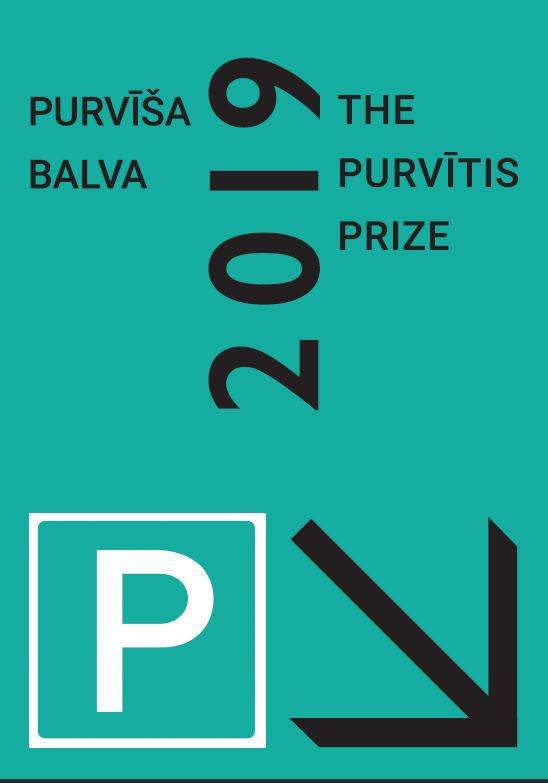
The Purvītis Prize 2019 exhibition catalogue reviews the eight artworks nominated for the prize, as well as includes interviews with their authors. The Purvītis Prize is the most prestigious visual arts award in Latvia.
Catalogue
Publisher: Mākslas Platforma Association / Arterritory.com
Language: English, Latvian
Pages: 216
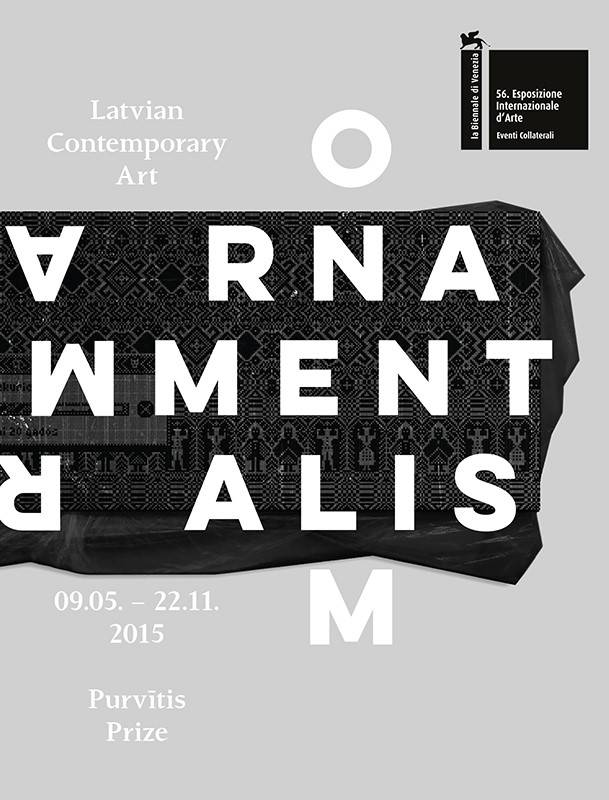
Catalogue of the
exhibition Ornamentalism. The Purvītis Prize. Latvian Contemporary Art,
curated by Viktor Misiano, is introduced by the curator's philosophical
essay-outline of the subject and continues with conceptual basis and
representations of eight works created by Latvian artists or groups of artists.
The exhibition was included in the Collateral Events programme of the 56th International Art
Exhibition of Venice Biennale.
Publisher: Culture project agency INDIE
Year of publication: 2015
Language: English
Pages: 92
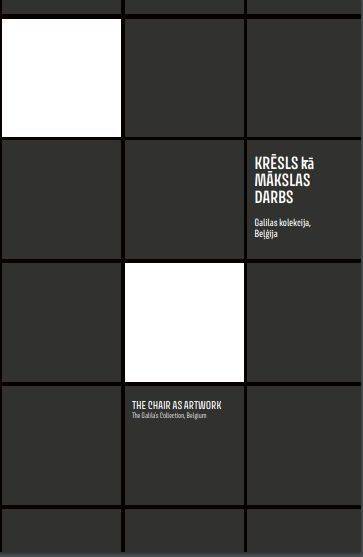
Catalogue of the exhibition Chair as an
Artwork. Galila’s Collection, Belgium, produced by Arterritory.com, focuses
on the extensive nature of chair, transforming this seemingly quotidian object
into an almost boundless field for creative inspiration and experimentation.
The publication reproduces a total of 50 chairs, their authors are both
well-known and emerging artists as well as designers and architects. The
catalogue’s introduction is written by Una Meistere, followed by her
conversation with Belgian collector Galila Barzilaϊ-Hollander.
Catalogue
Publisher: Arterritory.com
Year of publication: 2019
Languages: English, Latvian
Pages: 184

Catalogue of the exhibition Amber
in Contemporary Jewellery by Putti Gallery presents the jewellery pieces of the
exhibition and reviews the work of their 20 authors. The publication is
preceded by Una Meistere’s text The Renaissance of Amber?.
Publisher: Arterritory.comYear of publication: 2014Language: English, Latvian, RussianPages: 140
SOLD OUT!
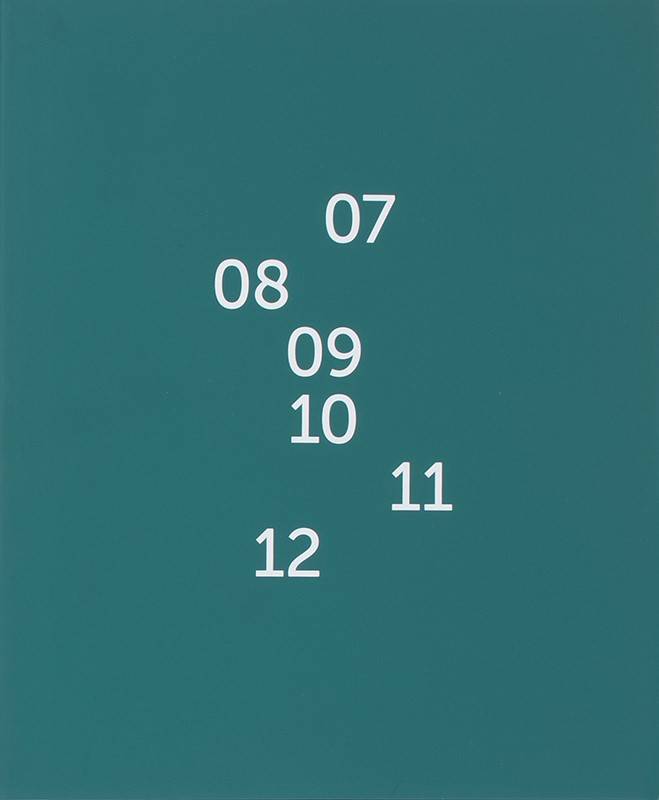
The anthology of Latvian contemporary art that
includes a listing and description of 89 artists who have gone through on or
more of the three following steps: being recommended of consideration,
considered and then nominated for the Purvitis Award, Latvia's most prestigious
award in visual arts, form 2007 to 2012.
Publisher: Arterritory.com
Year of publication: 2012
Language: English
Pages: 336